What is Healthcare Operations?
Health care operations are those administrative, financial, legal, and quality improvement activities of a covered entity that are necessary to run its business and to support the core functions of treatment and payment. These activities, which are limited to the events listed in the definition of health care operations, include case management and care coordination and business management and general administrative activities.
Operations management is vital for the efficient functionality and provision of health services, a growing field in the midst of reform.
Operations management play a vital role in the health care industry By being responsible for the following:
- Oversight of health care facility operations,
- The efficiency in which they function, and
- The capability to provide an adequate and reliable treatment to the community.
Healthcare operations managers strive to streamline costs and to create necessary funding to maintain adequate levels and quality of services offered. Some examples of operations management in health care are:
- Controlling costs
- Improving the quality of service provided to patients.
Present trends in healthcare operations
With the advent of transformation, innovation, and technology, that continues to drive the evolution of healthcare facilities and operations management, these are some of the current trends that are enabling healthcare operations executives to make a significant impact on their own facilities:
Data drives healthcare facilities decision-making All the decisions that are being made in the healthcare business today are data-driven. Per an Oracle study of 333 C-level executives (30 of whom are healthcare executives), 94% say their company is collecting and managing more business information today than they did a couple of years ago. While it is critical that all healthcare facilities are prepared to gather, store and interpret this information, 40% of the healthcare executives surveyed gave themselves a "D" or an "F" rating in terms of their preparedness to handle the onslaught of data. Also, the results reported that 93% of executives surveyed said their company is losing revenue—on average, 14% annually—as a result of not being able to fully leverage data.
The biggest challenge is to find the most efficient, cost-effective ways to capture and report on data for the facility's day-to-day operations. This often involves a data-driven facility management solution as it can help facilitate using data to track required compliance based inspections, testing and reporting on facility maintenance, rounding to support an environment of care, facility safety and preparedness and patient care. In addition, effective facility data management can help more efficiently manage operations budgeting and capital planning.
Preparing for Emergencies is a must have These days, it isn't enough that a hospital is prepared for just small-scale accidents and acts of nature. It's critical that all healthcare facilities have detailed plans in place for even extreme instances such as a mass casualty incident (MCI).
The Centers for Medicare and Medicaid Services (CMS) recommends that facilities' emergency management programs include:
- Hazard identification – Identify and list any hazards that could potentially affect the facility, both indirect and direct
- Hazard mitigation – Take measures to reduce or eliminate the probability of the above hazards affecting the facility
- Preparedness – Develop a detailed plan to meet the needs of staff, patients and visitors in the event of a hazard impact
- Response – Outline the steps that staff members need to take immediately before (for an impending threat), during and after an incident
- Recovery – Plan activities and programs for during and after an event to help return the facility to its usual state or a "new normal"
A range of safety management programs and apps can help ensure hospital facilities, stakeholders, employees, and staff are prepared for emergency situations large and small.
Recognize patients as consumers Healthcare patients today are true consumers who want to be more in control of their healthcare experiences. One driver of this shift is an industry-wide focus on the Institute for Healthcare Improvement's aim of improving the patient experience of care, improving the health of key populations and reducing per-capita health care costs.
Patient engagement
Another driver is the emphasis on delivering quality healthcare and fostering patient engagement. Technology—via websites, social media, blogs and more—that provides patients with immediate access to online reviews, price transparency, and care ratings is also contributing to this shift in mindset from patients to consumers.
Healthcare operations professionals have a vital role to play in the shift to treating patients as empowered consumers. A top-rated Environment of Care (EOC) contributes to a positive patient treatment process, overall sense of well being and satisfaction with the healthcare provider. Maintaining an excellent EOC requires vigilance in a number of key areas, such as using mobile technology to manage formal EOC tours and quality assurance rounding.
Communicating effectively with hospital staff, patients and visitors can also help boost EOC ratings. Facilities managers have a responsibility to confirm that compliance work and routine maintenance is completed on time using alerts and notifications so all relevant parties are informed.
Cost reduction
Healthcare organizations are always looking for ways to trim extraneous costs, ranging from the consolidation of specialized care facilities to cost reduction consultants. At any given time, an operations manager should have a good ballpark figure for their hospital's facility spending. That includes materials, labor and production costs, individual asset costs and capital expenditures, as well as system-level and energy management (using benchmarked data) costs. A CMMS is often utilized to help track these costs and forecast future capital planning costs. In a doing more with less environment, it is important that facilities managers be aligned with their hospital's C-suite and/or Board of Directors as they assess business metrics and how the facility costs fit into the overall budgets.
Staying ahead in healthcare operations requires a keen understanding of how these trends can benefit and impact a facility's operations. Big data should be driving business decisions more than ever, and facilities managers need a solution in place to help effectively manage and interpret all this information so they can make smarter, more informed business decisions.
Being prepared for any event—from an infection outbreak to a variety of lockdown situations, healthcare facilities must have detailed plans to place to protect patients and staff in the face of a crisis.
The continuing shift to thinking of patients as "consumers" must be at the forefront as many of today's patients have choices on which healthcare facility they choose. Similarly, getting more value for facilities management spends is a mantra that will persist. The healthcare facility operations managers that will thrive will be the ones that stay on top of these trends and regularly assess where related changes can add up to big savings.
Future of Healthcare operations?
20% of healthcare organizations to use blockchain by 2020:

Per a recent IDC Health Insights report, Healthcare organizations may soon follow the footsteps of the financial services and shipping industries in deploying large-scale blockchain projects.
Unlike a traditional database that is centrally located and maintained by one party, a blockchain record is shared among a network of users. The industry and government stakeholders have supported efforts to use blockchain, a permanent and shared ledger of online transactions or exchanges, to streamline healthcare operations, in recent times.
The adoption of blockchain has been slower to move from test cases to production systems in healthcare compared to other sectors, in part because of more stringent industry regulations. Stakeholders in the healthcare industry may also be hesitant to deploy new types of technologies given security concerns and existing problems with data standardization.
One in five healthcare organizations is expected to adopt blockchain solutions by 2020, moving beyond pilot projects to actively using the technology for operations management and patient identity services. Healthcare organizations will start implementing blockchain solutions that improve interoperability. Blockchain records would allow various organizations — including providers, payers, pharmacies and clinical researchers — to exchange data in a standardized format, which could underpin emerging solutions to healthcare information exchange.
Big Data to Lead the Way!
Big data in healthcare refers to electronic health data sets that are so large and complex that it would be difficult to manage and analyze using traditional software and data management tools and methods. With big data, healthcare organizations can let multiple hospitals exchange information, leading to a 360 view of their patients so that doctors can give a complete diagnosis.
Healthcare services companies have gained significant value through the ability to take in data from a variety of different sources such as lab and patient data to recognize patterns and provide this data to doctors to give recommendations for how members can improve their health. Without Big Data, none of this would be possible, and healthcare organizations would be operating without having the complete picture.
This is one of the goals the Ministry aims for with the National Electronic Health Records (NEHR), in which a person’s medical records are shared among all public health institutions. The comprehensive NEHR will then be able to simplify the patient’s journey from primary to tertiary care throughout the country, in both the public and private sectors, as any doctor treating the patient would have full access to his or her medical records.
Referenceshttps://www.hhs.gov/hipaa/for-professionals/special-topics/emergency-preparedness/health-care-operations/index.html https://www.investopedia.com/ask/answers/051515/what-are-some-examples-operations-management-healthcare.asp https://www.beckershospitalreview.com/healthcare-information-technology/four-trends-leading-advances-in-today-s-healthcare-operations.html https://www.beckershospitalreview.com/healthcare-information-technology/20-of-healthcare-organizations-to-use-blockchain-by-2020-4-report-insights.html








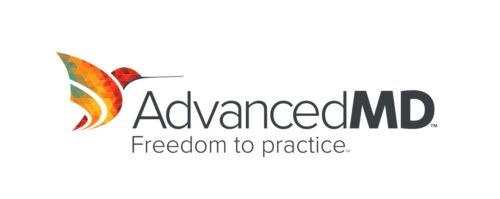

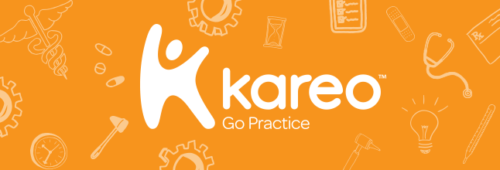
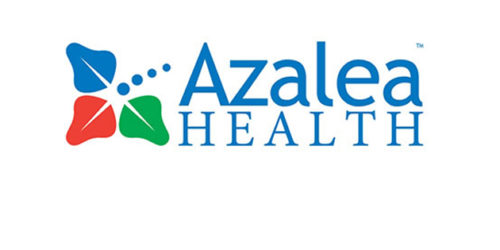

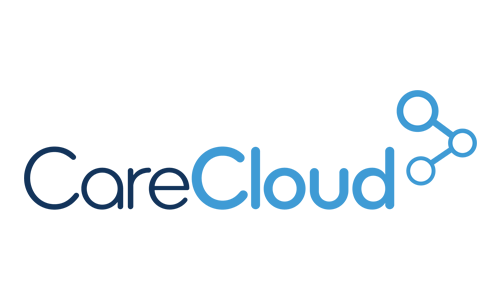

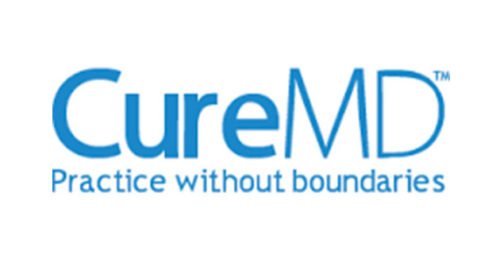

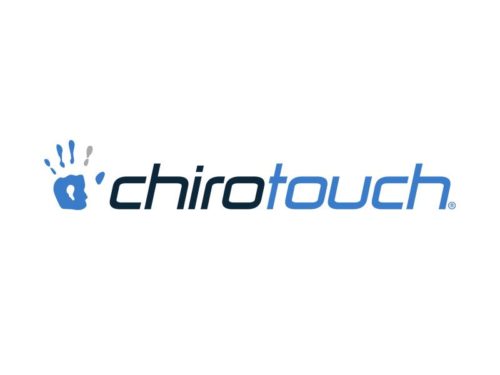

Leave a Reply